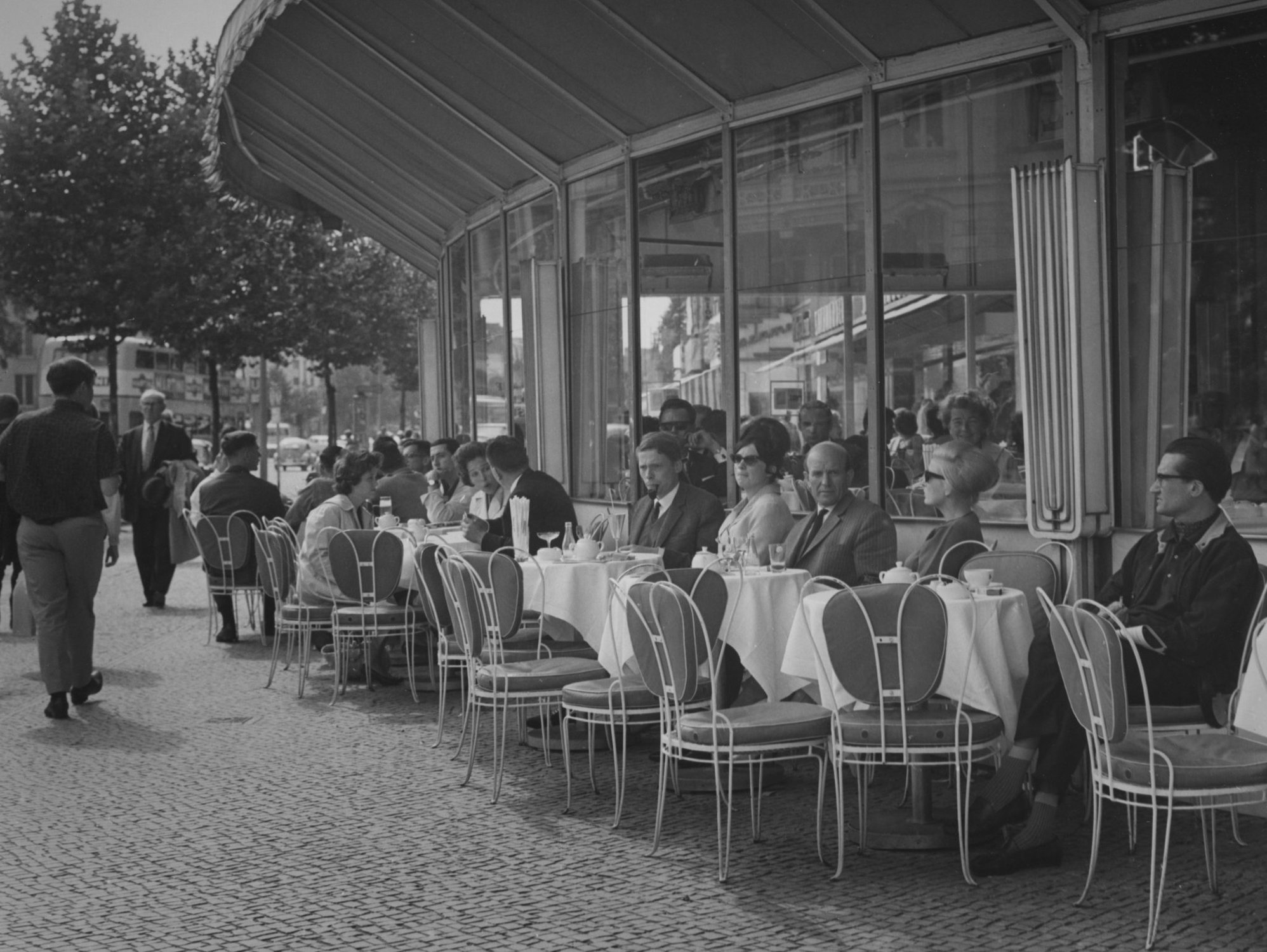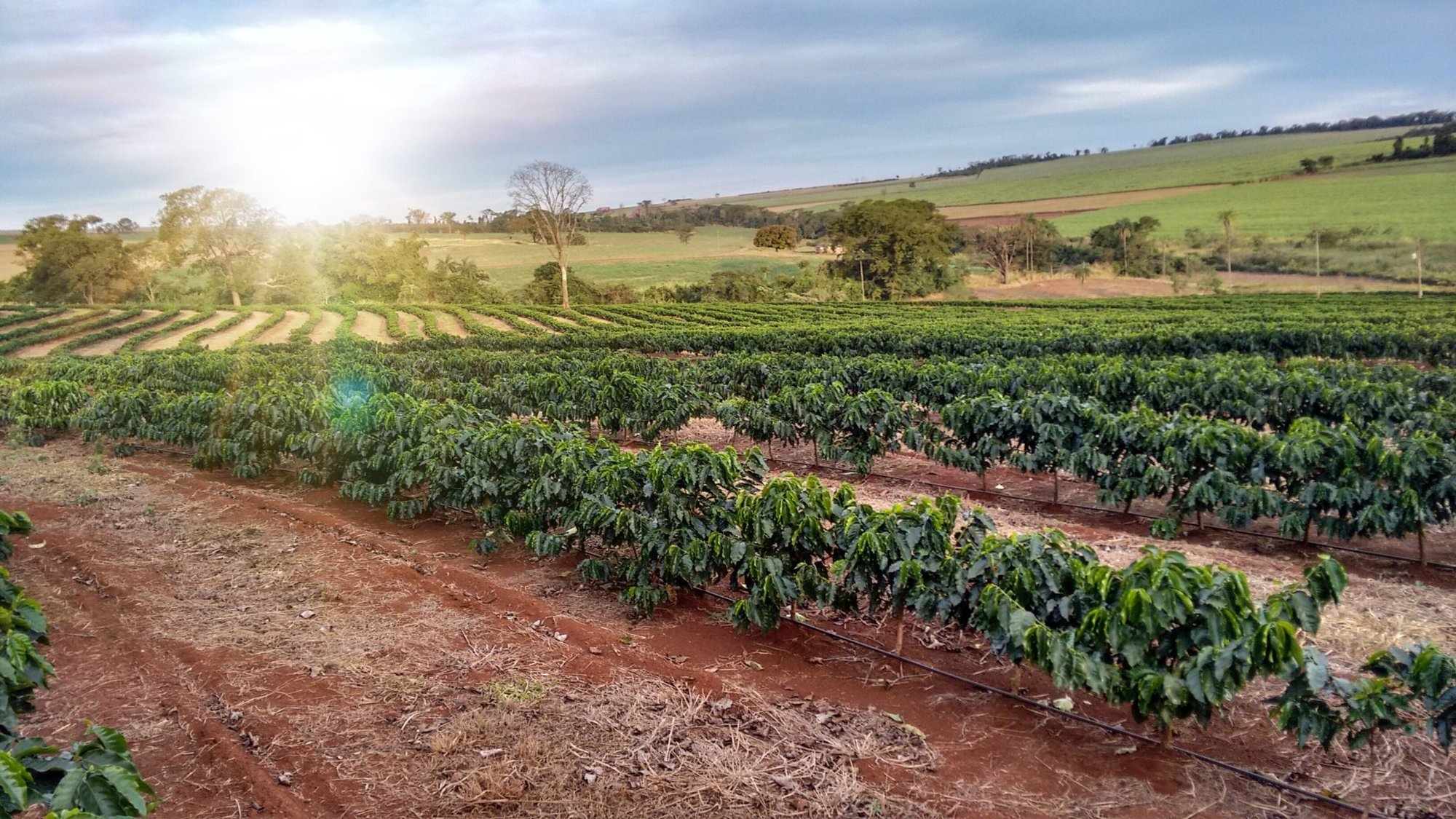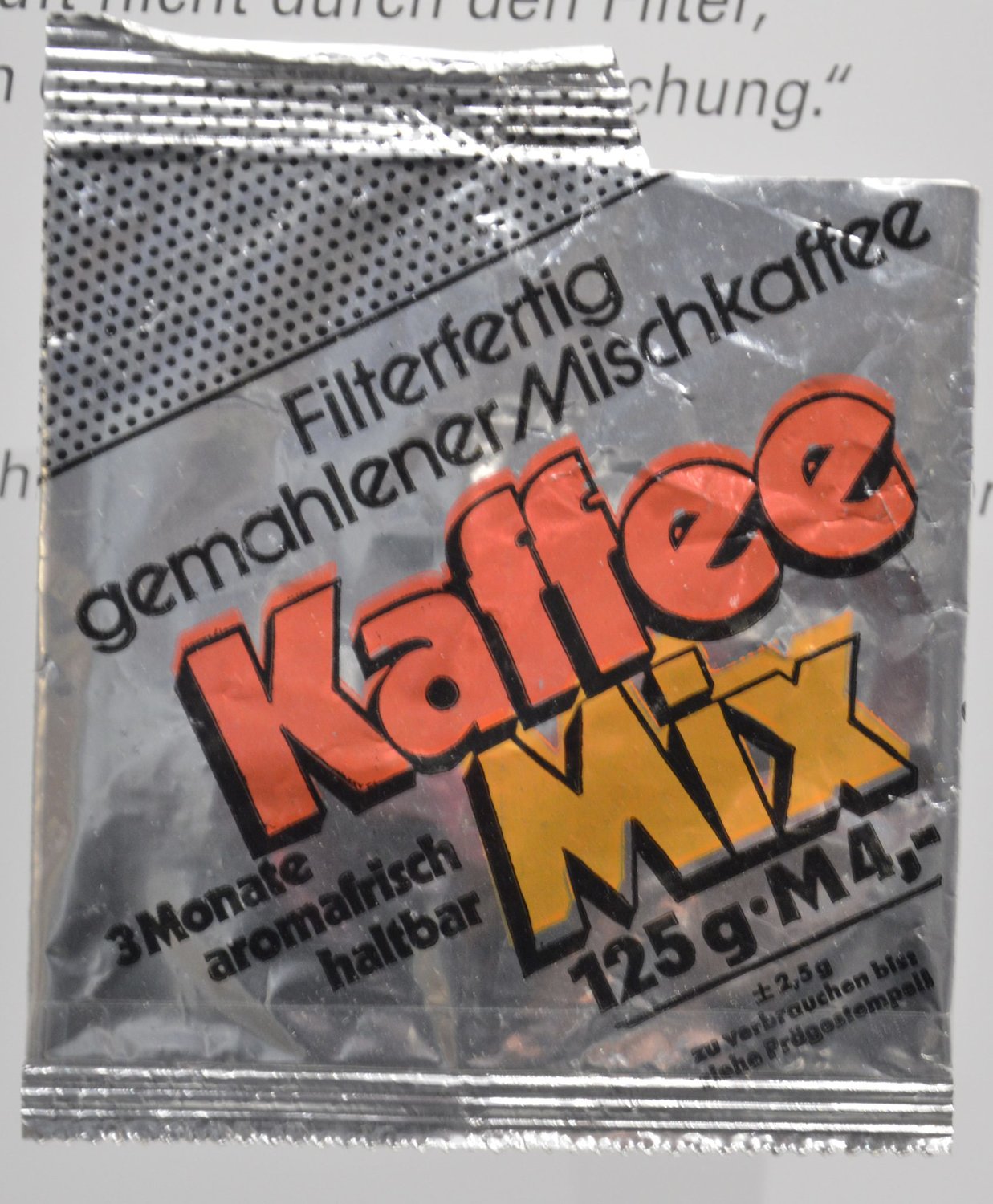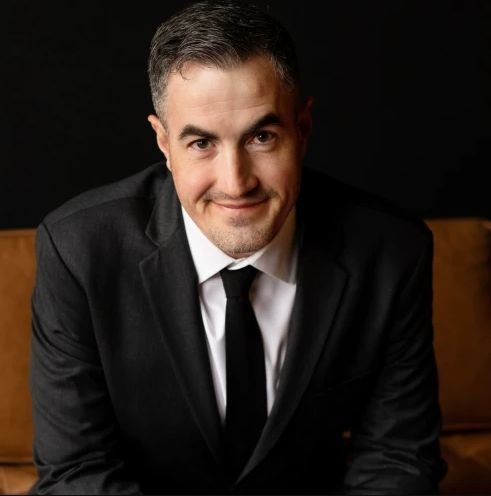
Cafe customers in Berlin, 1963. They had no idea what was to become of their beloved coffee in the following decade. Photo by Vitaly V. Uzoff via Getty Images.
There aren’t enough words to adequately describe how much Germans love coffee. Drinking coffee is a long-standing tradition in Germany, where they are known to spend twice as much on coffee as they do on shoes.
Even in the days of the communist German Democratic Republic, the people loved coffee so much that the infamously repressive government would have been thrown into chaos if Germans didn’t get an adequate morning fix. Which is exactly what happened.
East Germany’s 1976 coffee shortage came as a result of the 1975 coffee harvest in Brazil, where a “black frost” destroyed as much as half of the country’s coffee beans. For the world’s largest supplier of coffee (and for the rest of the world’s breakfasts), this was catastrophic.

Few people in the world felt the pinch as hard as did those of the German Democratic Republic. Before long, the GDR was forced to reorganize its entire foreign policy and economic plan just to fill one of its people’s most basic needs.
But first, to combat the shortage, the communist government did the thing communist governments always do to meet product demands: It produced a shittier version of the product.
As if we needed any more proof that communism sucks, all we have to do is look at the terrible “coffee mix” forced upon East German citizens in the late 1970s. Germany had a long history of having to replace coffee with ersatz products, such as chicory, and during the 1970s, East Germans had to buy mixed coffee packets called “Kaffee Mix.”
Made up of only 51% coffee, the GDR’s Mischkaffee (mixed coffee) also contained pea flour, chicory, and beans (among other things). Not only did it taste terrible, but it also clogged coffee machines. In a place where it could take up to 13 years to get a car, just imagine how long you’d have to wait to get a new coffee pot. The East German people were not happy about it, and they made their feelings known.

Predictably, East Germans responded to Kaffee Mix with tens of thousands of angry letters and actual protests — a big deal in a totalitarian society known for making problem citizens disappear. When the price of coffee skyrocketed almost 500% in a year, the GDR knew that a few missing dissidents wasn’t going to fix the issue.
To make matters worse, 20% of East Germans were soon drinking coffee mailed to them by Westerners, which wasn’t a good look for communists trying to convince the world that their way was the way.
But what to do? East Germany didn’t have currency to trade, nor could it trade its luxury goods and anger the people even more. The government was losing money and its legitimacy in the eyes of its people. Social unrest was reaching its highest levels in decades, and the government couldn’t simply buy more coffee because its currency reserves were already low. Something had to be done.
At that point, the GDR decided on a policy of Second World (the Cold War-era Soviet sphere) to Third World engagement by reaching out to socialist movements in Angola, Mozambique, Ethiopia, and elsewhere. The East German government was looking for coffee supply lines from countries that would barter for the only export East Germany could afford to trade: weapons.
Luckily for the East Germans (and less luckily for the Ethiopian people), a new leader was coming to power in Ethiopia: Mengistu Haile Mariam. Mengistu was the leader of the Derg, the communist government in the country — and he needed weapons.
East Germany was more than willing to provide those weapons in exchange for Ethiopia’s top export. GDR officials swooped into Addis Ababa almost as quickly as Mengistu could invite them. He was ready to go to war with Somalia and needed even more weapons. In the closing months of 1977, the GDR arranged the trade agreement of its dreams: 53 million marks’ worth of military materiel in exchange for the needed coffee beans.
That transaction took a horrifying turn when the Derg began using those weapons against its own people. To consolidate its power, the Derg began the paranoid slaughter of an estimated 100,000 Ethiopians suspected of conspiring with other Marxist-Leninist political parties inside Ethiopia. Even though the military materiel fueled the slaughter of thousands, the East German government was happy to keep on providing it.
Mengistu soon tired of the arrangement, as the value of coffee began to outweigh the value of East German exports. By 1979, the GDR was 60 million marks in debt, and Mengistu demanded money for coffee. With the GDR unable to pay, Ethiopia ended the agreement after just 14 months.
In that time, communist Vietnam had begun to ramp up production of its own coffee exports of the Robusta variety. Instead of trading coffee beans for weapons, Vietnam bargained for the farming equipment necessary to cultivate and harvest the beans as well as East German assistance with infrastructure projects. In exchange, Vietnam would provide half of its new coffee crop to the GDR beginning in 1990, when the first usable beans would be harvested.
Except the GDR ceased to exist in 1990, when Germany was reunified after the fall of the Berlin Wall. West Germany hadn’t seen a coffee shortage at all; its people had simply responded to the price hike by buying cheaper coffee brands. The coffee problem of East Germany was eventually solved by capitalism. ν
This article first appeared in the Spring 2022 print edition of Coffee or Die Magazine.
Read Next: 6 Must-Read Books for Every Coffee Enthusiast

Blake Stilwell is a traveler and writer with degrees in design, television & film, journalism, public relations, international relations, and business administration. He is a former US Air Force combat photographer with experience covering politics, entertainment, development, nonprofit, military, and government. His work can be found at We Are The Mighty, Business Insider, Fox News, ABC News, NBC, HBO, and the White House.
BRCC and Bad Moon Print Press team up for an exclusive, limited-edition T-shirt design!
BRCC partners with Team Room Design for an exclusive T-shirt release!
Thirty Seconds Out has partnered with BRCC for an exclusive shirt design invoking the God of Winter.
Lucas O'Hara of Grizzly Forge has teamed up with BRCC for a badass, exclusive Shirt Club T-shirt design featuring his most popular knife and tiomahawk.
Coffee or Die sits down with one of the graphic designers behind Black Rifle Coffee's signature look and vibe.
Biden will award the Medal of Honor to a Vietnam War Army helicopter pilot who risked his life to save a reconnaissance team from almost certain death.
Ever wonder how much Jack Mandaville would f*ck sh*t up if he went back in time? The American Revolution didn't even see him coming.
A nearly 200-year-old West Point time capsule that at first appeared to yield little more than dust contains hidden treasure, the US Military Academy said.












